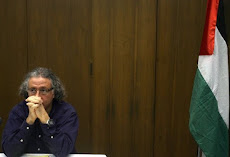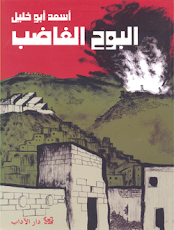"If Liu's politics were well-known, most people would not favour him for a prize, because he is a champion of war, not peace. He has endorsed the invasions of Iraq and Afghanistan, and he applauded the Vietnam and Korean wars retrospectively in a 2001 essay. All these conflicts have entailed massive violations of human rights. Yet in his article Lessons from the Cold War, Liu argues that "The free world led by the US fought almost all regimes that trampled on human rights … The major wars that the US became involved in are all ethically defensible." During the 2004 US presidential election, Liu warmly praised George Bush for his war effort against Iraq and condemned Democratic party candidate John Kerry for not sufficiently supporting the US's wars:
[T]he outstanding achievement made by Bush in anti-terrorism absolutely cannot be erased by Kerry's slandering … However much risk must be endured in striking down Saddam Hussein, know that no action would lead to a greater risk. This has been proven by the second world war and September 11! No matter what, the war against Saddam Hussein is just! The decision by President Bush is right!
Liu has also one-sidedly praised Israel's stance in the Middle East conflict. He places the blame for the Israel/Palestine conflict on Palestinians, who he regards as "often the provocateurs".
Liu has also advocated the total westernisation of China. In a 1988 interview he stated that "to choose westernisation is to choose to be human". He also faulted a television documentary, He Shang, or River Elegy, for not thoroughly criticising Chinese culture and not advocating westernisation enthusiastically enough: "If I were to make this I would show just how wimpy, spineless and fucked-up [weisuo, ruanruo, caodan] the Chinese really are". Liu considered it most unfortunate that his monolingualism bound him in a dialogue with something "very benighted [yumei] and philistine [yongsu]," the Chinese cultural sphere. Harvard researcher Lin Tongqi noted that an early 1990s book by Liu contains "pungent attacks on the Chinese national character". In a well-known statement of 1988, Liu said:"








